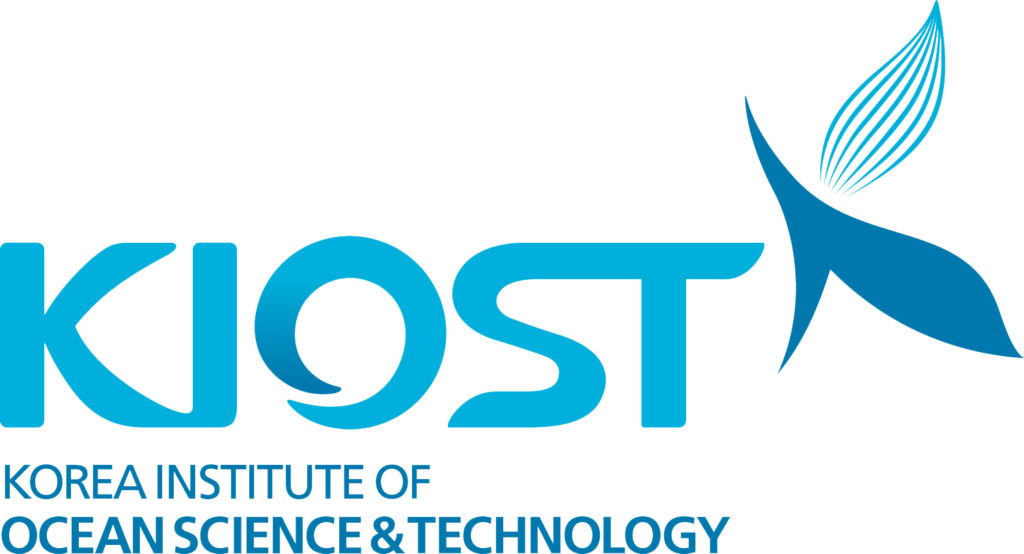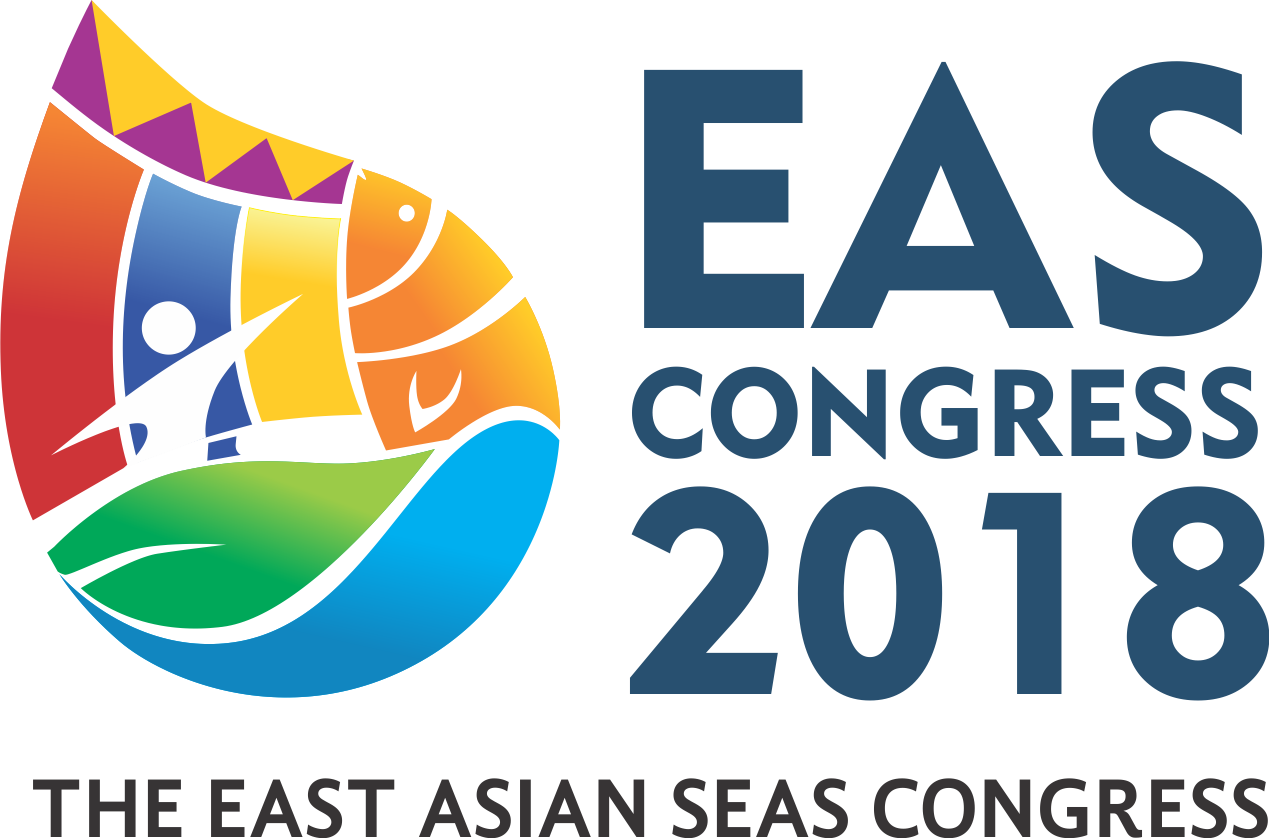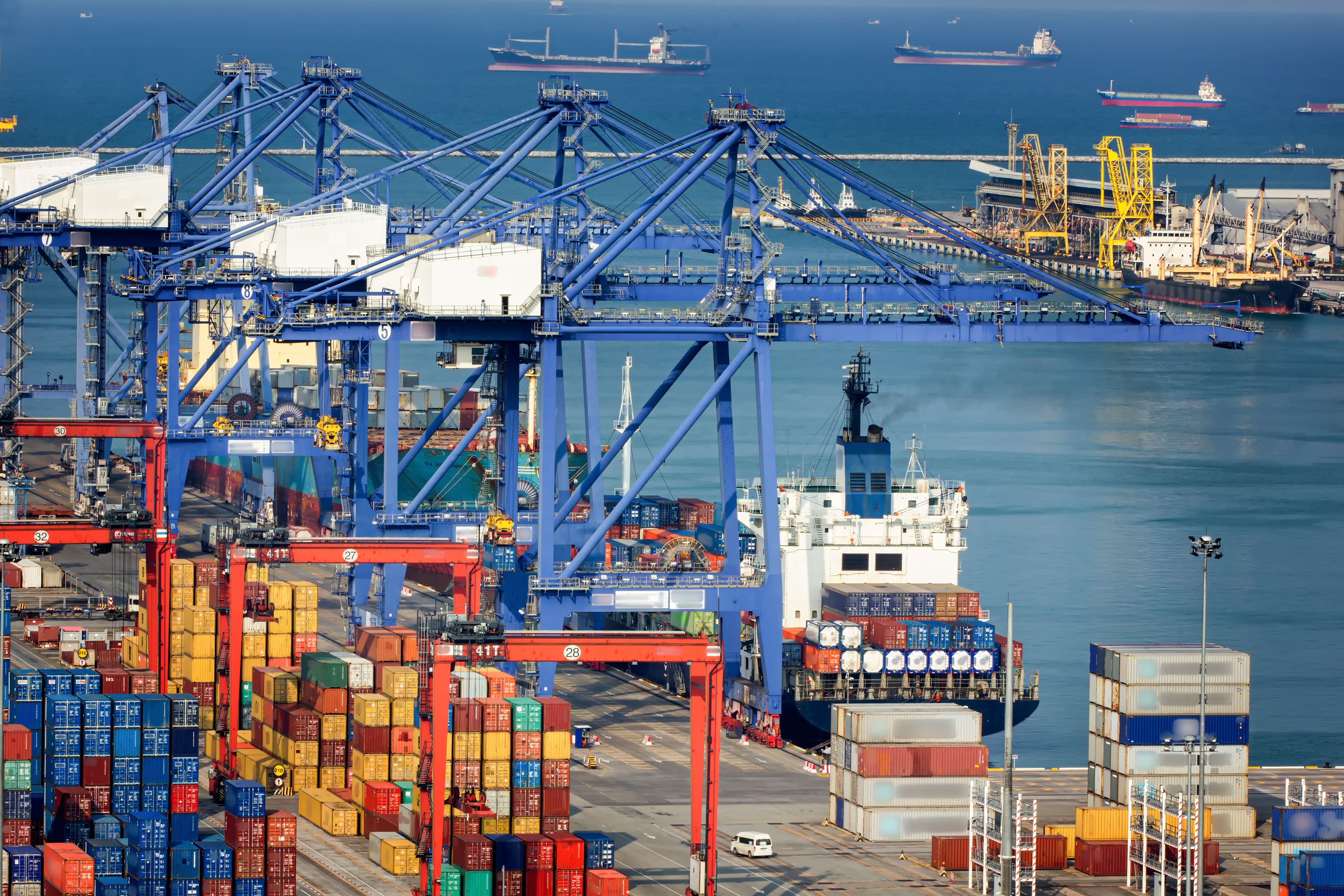Strong collaboration between government and the private sector is critical for achieving the SDGs and ensuring the long-term health of coastal ecosystems and economies. Along with partnerships, investment from the private sector will play an increasingly important role in ensuring that the many good plans for the region are translated into action.
Track 6: Ocean Industry and Finance will conduct sessions that will cover ocean energy, the business perspective on engaging in coastal management and public-private partnerships for the oceans, private sector investment in sustainable coasts and oceans in East Asia, an emerging private sector collaboration for sustainable seafood in the region and the important role of women in the ports and maritime sectors.
SESSION 6.1 – Empowering Women, Balancing Gender: Fundamental Aspects of Adapting to Climate Change and Strengthening Marine Environmental Protection in the Port and Maritime Sector


The International Maritime Organization and PEMSEA is aiming to identify and review existing programmes and initiatives on strengthening of the integration of women and gender equality. By reviewing the progress in East Asian countries on climate risk assessment, mitigation and adaptation; and marine protection in the port sector, this session will encourage and assist sectors to adopt and implement programs and future trainings on PSHEMS on empowering women and gender equality.
SESSION 6.2 – Filling the Pipeline: A Sustainable Ocean Investment Ecosystem for the Seas of East Asia

The need for private sector investments to help achieve the targets under the UN Sustainable Development goals are significant considering that not all of the financing needed are likely to come from government and donor support. There is an opportunity to redirect billions of dollars of capital away from unsustainable investments towards sustainable, blue economy investments by catalyzing private sector investment.
In this session, PEMSEA looks to help fill the investment pipeline through opportunities for future partnerships supporting the identification and development of investments, strengthening donor support for ocean investment and the activation of a regional Ocean Investment Facility, which will contribute to the achievement of the SDGs and blue economy growth in East Asia.
SESSION 6.3 – Healthy Oceans, People and Economies: How important is Biodiversity Financing?

In this session, BIOFIN looks to discuss the importance of significant funding used to address threats and challenges confronting the oceans and coastal ecosystems. The discussion will be using the BIOFIN methodology and its finance catalogue to list finance solutions that can support regional level initiatives to address the threats posed by illegal fishing, reclamation, pollution, harvesting of corals and associated species, unbridled land development, etc.
SESSION 6.4 – Ocean Energy – The Future of Blue Economy


With the status of ocean energy in its nascent stage, KIOST and PEMSEA looks to share research efforts on the development of ocean energy to be able to discuss on how to mainstream ocean energy into the power sector.
This session will also look into the success stories of ocean energy, as well as government policies, laws and programs in the East Asia region and the promotion of ocean energy development around the globe.
SESSION 6.5 – From Potential to Reality: Business Leadership for a Blue Economy in the Seas of East Asia

This session will focus on the need for strong collaboration between government and the business sector in achieving the UN Sustainable Development Goals (SDGs). The discussion will examine the role of business and its needs and expectations for collaborative coastal and ocean management, along with the role of development partners in helping companies to identify and develop practical opportunities supporting the SDGs and blue economy development.

